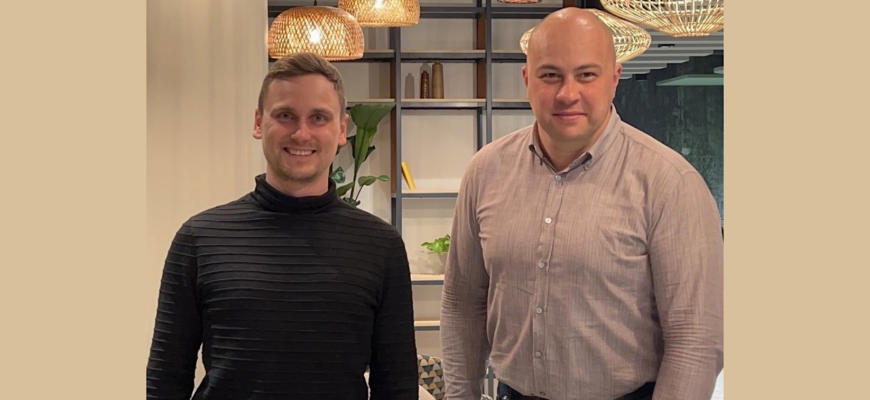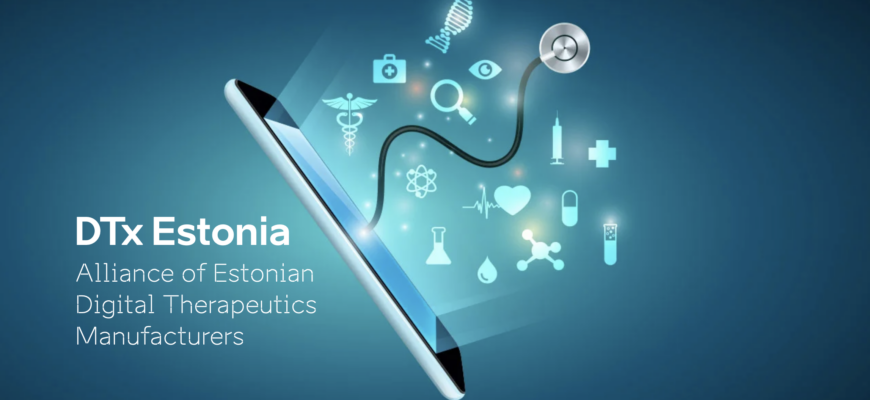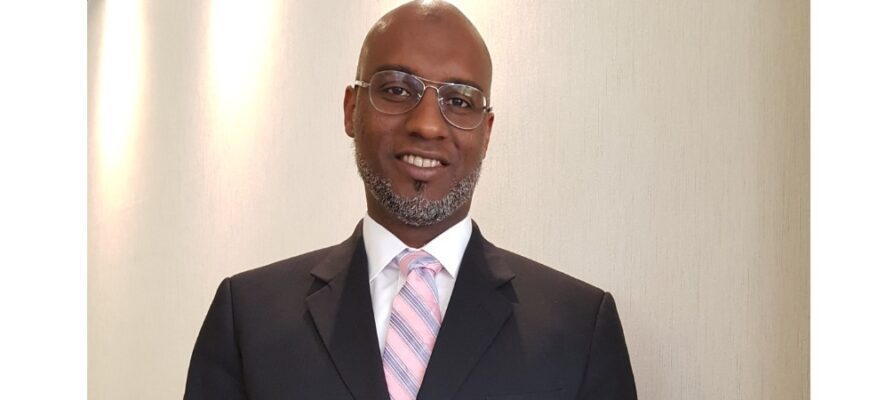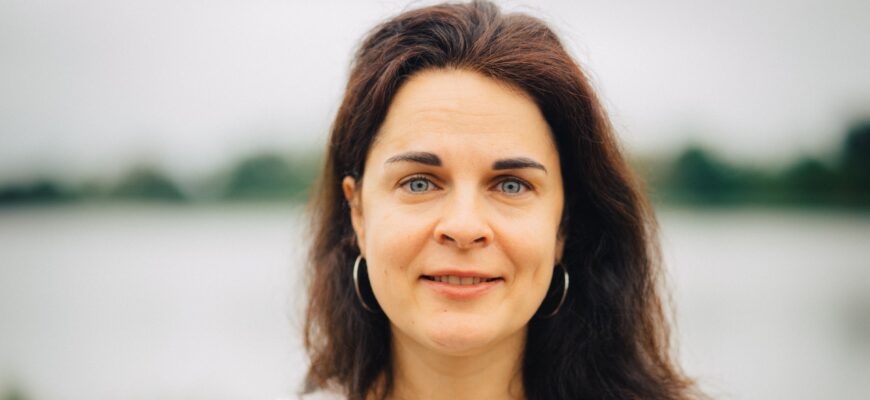- 15/05/2023
- by Health Founders
We sat down with the founders of Sepsiscan, the first team we’re introducing to you from our batch IV – Health Founders Accelerator Program 2023, to share details and background of their powerful work on early detection of sepsis. The team have developed a new hyperspectral imaging diagnostics device to prevent the high mortality rate associated with this medical condition.
Meet the co-founders of Sepsiscan – Didzis Rutitis, CEO and Matiss Lacis, CTO!
What is the problem you are solving?
Didzis: We aim to reduce mortality from late diagnostics of sepsis, which is a medical emergency condition caused by infection in the human body that may result in organ failure and correspondingly a patient’s death. Each year almost 50 Million people experience sepsis and more than 11 Million people die from sepsis caused complications. Sepsis is the leading cause of patient mortality in hospitals worldwide. Our aim is to reduce patient mortality by enabling doctors to identify early signs of sepsis and apply relevant antibiotics course or other treatment.
Matiss: With Sepsiscan we can diagnose sepsis significantly faster than currently that leads to severe drop in mortality rates from sepsis in intensive care units (ICU).
What inspired you to start this company and how did you get started?
Didzis: We are a university spinoff and continue R&D that was initiated by our colleagues / university researchers. We are passionate about medical technologies and decided to continue technology development.
Matiss: I have been working in the medical industry from an engineering perspective since my undergraduate studies and pursuing new methods for faster and non-invasive diagnostics. My mother has been working in a hospital for her whole life and I wanted to improve this field by bringing new innovations to it.
Why is now the right time to solve this problem?
Didzis: The society is ageing, and the number of sepsis cases is just growing each year. Our solution would be an excellent addition to the existing range of technologies used to identify sepsis (mostly, blood and other human liquid tests) in the hospital and also field environments for military purposes. We would fill the gap that is currently missing in terms of early sepsis diagnostics.
Matiss: With new innovations in spectroscopy we can bring more mobile and precise devices to the medical field. Non-invasive diagnostic solutions have to be introduced to improve the quality of life for all patients.
How are you different from your competitors?
Didzis: We focus on the non-invasive nature of the technology that is based on optics and combined with a software component that enables immediate analysis of the obtained visual information – this provides us an advantage in terms of speed so that we can get results in a few minutes in comparison to alternative solutions. Competitors tend to focus mostly on blood tests and other solutions requiring heavy lab equipment while our device is wireless, mobile and easy to use in different environments.
Matiss: We bring affordable devices to ICU with higher precision, sensitivity and thoughtful ergonomic design.
What are some of the most exciting developments or milestones you’ve achieved so far?
Matiss: We have built working proof-of-concept prototype and tested in hospital environment on first group of patients with success.
Didzis: We have developed two prototypes that have been tested on more than 100 real patients in Latvian hospitals.
What is the recipe for a successful team?
Matiss: Finding each team member’s best traits and competences and helping each other to use them most efficiently.
Didzis: Each member should have some kind of strength that is unique to him or her – i.e. s/he should be better in some specific area than other team members and act as the owner of this functional/organizational area. The role of CEO is to help employees identify these strengths and facilitate sharing of competencies among the team. Also, I believe some part of success is based on the willingness of team members to contribute to some higher idea and values apart from simple money making. In our case it is aimed to prevent human deaths and contribute to fighting sepsis considered “the silent killer” in hospitals worldwide.
What impact do you hope to have on the healthcare industry in 5 years?
Didzis: We should contribute to the decline of patient mortality in hospital ICUs by providing our technology to the doctors worldwide. I hope our activities will also increase the number of new biotech companies and startups aiming to solve challenges related to sepsis diagnostics.
Matiss: We want to change how sepsis is diagnosed and significantly reduce its mortality rate with our solution.
To find out more about Sepsiscan: www.sepsiscan.com or contact didzis@sepsiscan.com




